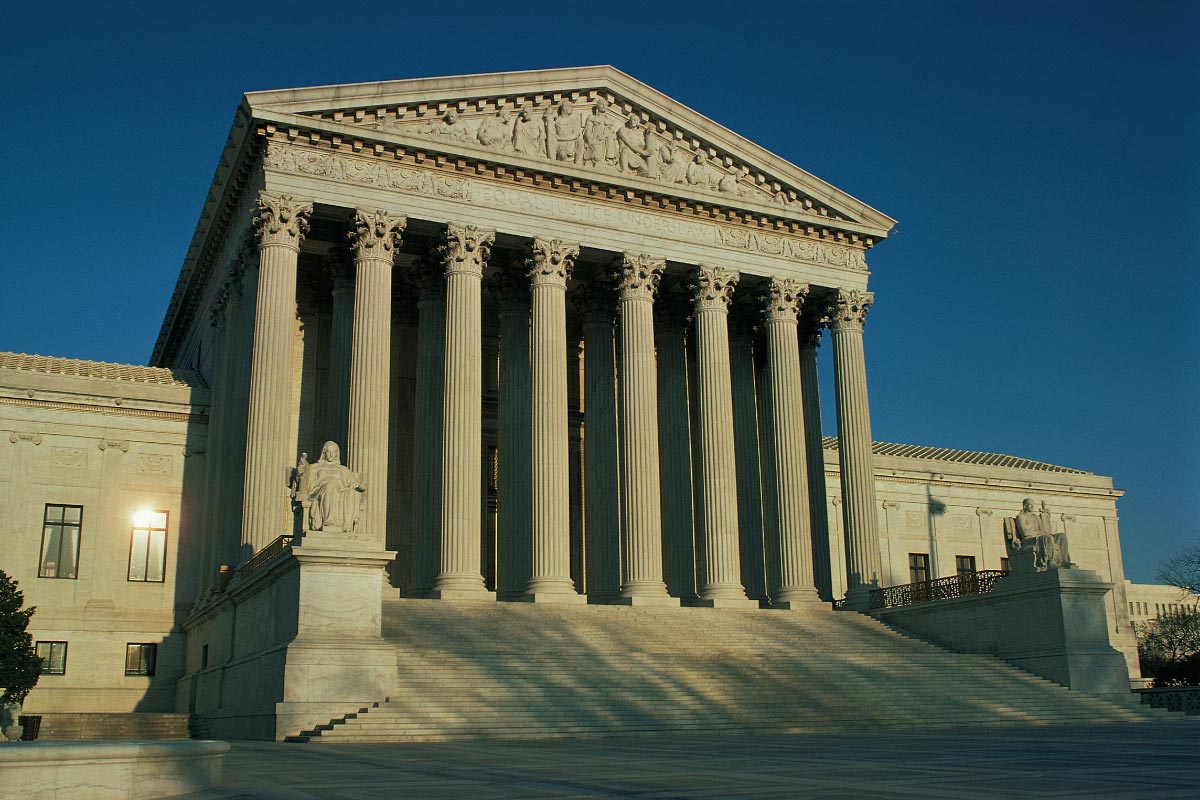
Advertisement
(Freedom.news) A fundamental element of democratic republicanism and freedom is the rule of law, and when presidents hide behind questionable legal “precedent” in refusing to uphold their sworn duty to “take care” that all laws be faithfully executed, then we get chaos and confusion.
Consider President Obama’s decisions to ignore federal drug laws concerning the recreational use of marijuana, as well as certain immigration laws requiring that persons caught trying to illegally enter the United States to be promptly returned.
In the former instance, there is confusion between states that do and don’t permit recreational use of marijuana in cases involving child protective services, as just one example. And the immigration mess created by Obama’s policy decisions is apparent on a daily basis now.
When taking the oath of office, presidents take an oath to uphold and defend the Constitution of the United States. Part of that includes adhering to Article II of the Constitution, which lays out a president’s power, duties and responsibilities. As FindLaw notes, president power, generally speaking, is five-fold:
The Constitution does not say that the President shall execute the laws, but that ”he shall take care that the laws be faithfully executed,” i.e., by others, who are commonly, but not always with strict accuracy, termed his subordinates. What powers are implied from this duty? In this connection, five categories of executive power should be distinguished: first, there is that executive power which the Constitution confers directly upon the President by the opening clause of article II and, in more specific terms, by succeeding clauses of the same article; secondly, there is the sum total of the powers which acts of Congress at any particular time confer upon the President; thirdly, there is the sum total of discretionary powers which acts of Congress at any particular time confer upon heads of departments and other executive (”administrative”) agencies of the National Government; fourthly, there is the power which stems from the duty to enforce the criminal statutes of the United States; finally, there are so-called ”ministerial duties” which admit of no discretion as to the occasion or the manner of their discharge.
From this, three principle questions come up: One, how does a president exercise the powers which the Constitution or statutes confer upon him; two, in what relation does he stand by virtue of the “take care” clause to the powers of other executive or administrative agencies; and three, in what relation does the president stand to the enforcement of the criminal laws of the U.S.?
We may be about to find out the answers to all of these questions and more.
Using Obama’s executive amnesty for illegal aliens as the impetus, 25 states have filed suit against the federal government charging that in issuing his order, Obama has violated the “take care” clause of the Constitution.

“In 225 years, the Supreme Court has never had occasion to ask the president whether he has reneged on his oath to take care that the laws are faithfully executed. However, with pens and phones replacing checks and balances, the Supreme Court is now poised to break new constitutional ground in order to preserve our embattled separation of powers,” Josh Blackman, associate professor at the South Texas College of Law, who has followed the case from the start and filed amicus briefs opposing Obama’s claim of powers, told the Washington Times.
Currently divided ideologically between left and right, the high court may not reach a majority decision, and if so, then lower court decisions that have already determined that Obama’s amnesty is unconstitutional and therefore cannot be carried out will stand. But those courts did not address the “take care” clause.
Rather, some of the high court’s justices themselves asked both sides in the Supreme Court case to file briefs that address the clause, making it the first time it has been examined legally since the Constitution’s initial ratification.
Hopefully there actually will be a ruling – both on the executive amnesty (overturning it) and on the question of when a president is shirking his duties to make sure all of the nation’s laws, not just those he or she agrees with, are equally enforced.
In a nation of laws, freedom demands it.
More:
- S. senators to DHS: Why was an illegal alien charged with homicide released? – BigGovernment.news
- New refugee ‘fitness’ program costs taxpayers a bundle – BigGovernment.news
- It’s no longer a question: Americans HAVE lost control of the political process and the ruling elite couldn’t care less
Freedom.news is part of the USA Features Media network. Check out our daily headlines here.
Submit a correction >>
This article may contain statements that reflect the opinion of the author
Advertisement
Advertisements















